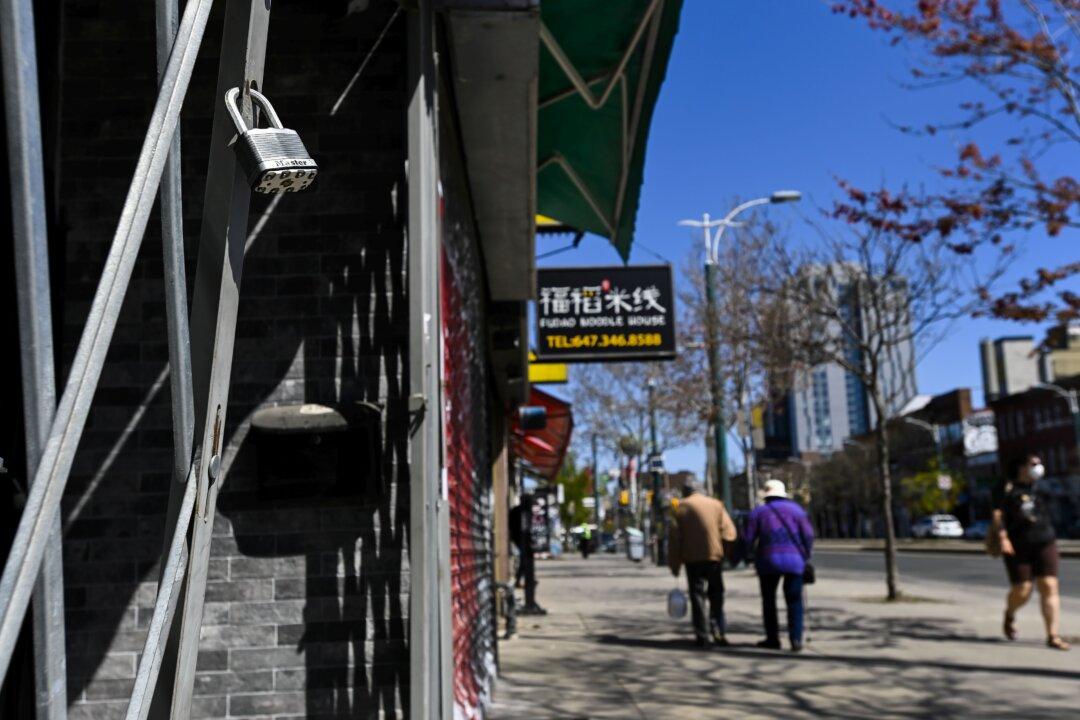Three Ontario doctors are fighting to keep their licences, and the results of that fight could have wide-reaching implications.
The doctors are under fire for allegedly not following some COVID-19 public health recommendations and for speaking publicly against those recommendations. They are among hundreds of doctors nationwide facing similar investigations by their respective provincial colleges of physicians and surgeons.





